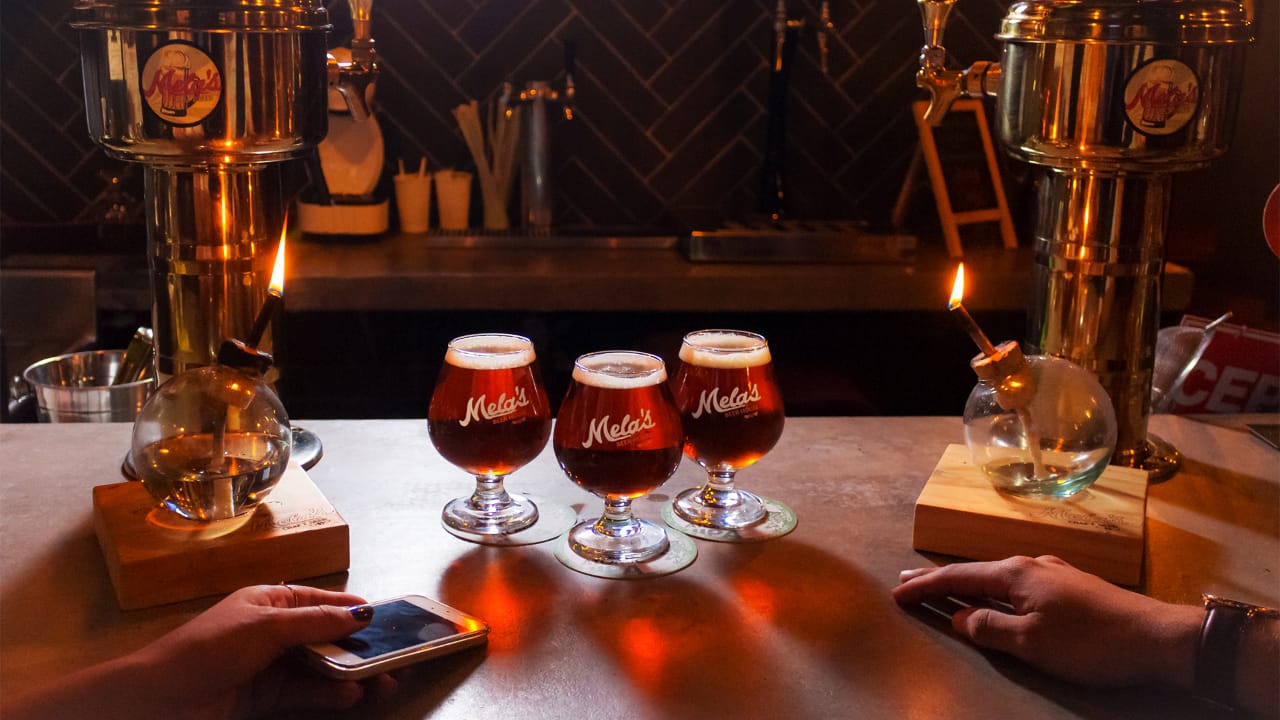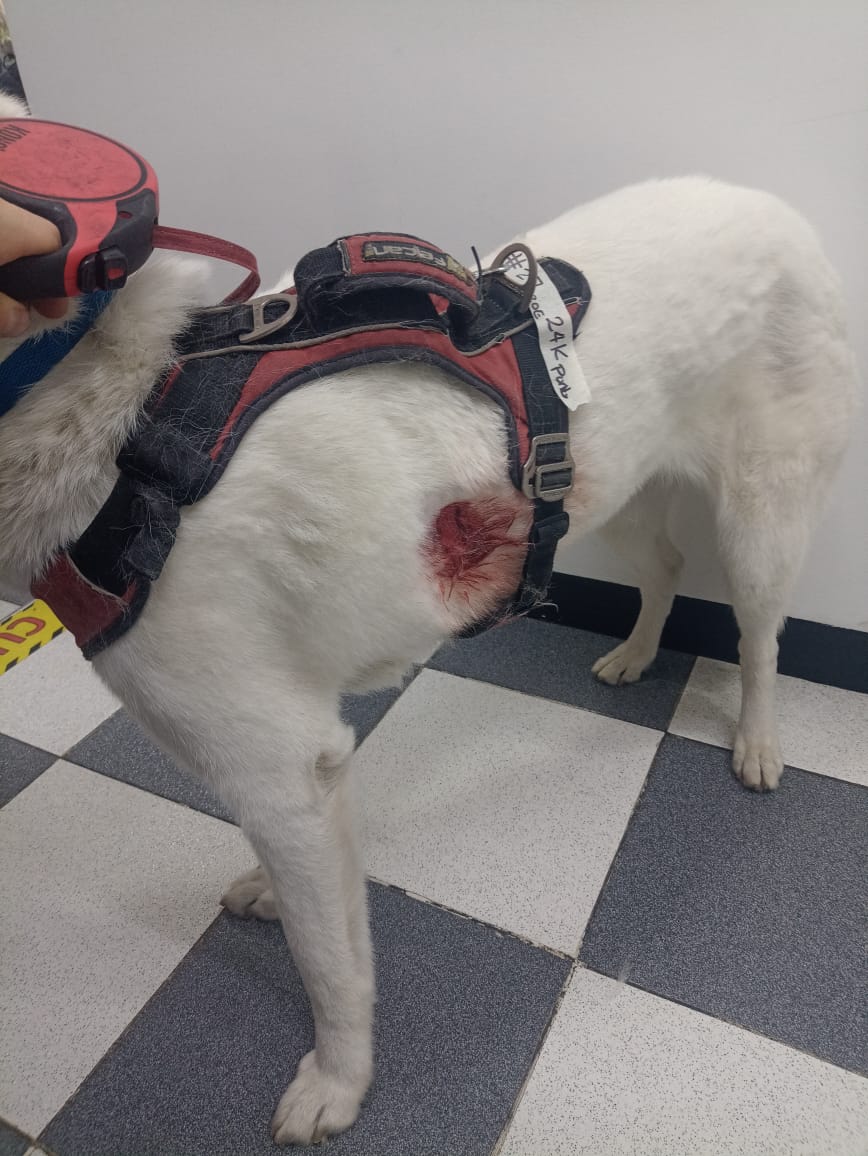 Social entrepreneurship is not as new an idea as some business books may have you believe. And, as Emma Newbery finds out, it is alive and kicking in Colombia
Social entrepreneurship is not as new an idea as some business books may have you believe. And, as Emma Newbery finds out, it is alive and kicking in Colombia
The past decade has brought rapid economic expansion, but economic development is about more than GDP growth. The World Bank still ranks Colombia as the third most unequal country in Latin America.
This is one of the factors that drove Natalia Cortés to set up InnoSocial, a non-profit organisation that seeks to eradicate social differences and bring equal opportunities to everybody in her country, after her time working in human rights taught her an important lesson.
“Working in human rights, I understood that it is not enough to empower people and make them stand up for their rights, if there is not also a way for it to be sustainable in the long run,” says Cortés.
InnoSocial is therefore focussed on promoting and developing “social entrepreneurship”, which Cortés sees as “a transformational tool to promote social justice and provide equal opportunities”.
Particularly important for Colombia, with its damaging levels of inequality.
In Cortés’ mind, what makes an entrepreneurial project “social”, rather than a traditional business, is that it measures success by maximising social satisfaction, not just profits. This is not usually a simple task.
“We believe in the process of continuous innovation to transform a community, meeting the challenges of limited resources and bringing outcomes that can change a country in terms of violence, education, extreme poverty, production, efficient and competitiveness,” says Cortés.
The Colombian government has several initiatives to help entrepreneurs, including SENA’s FONDO EMPRENDER as well as incubators that promote the technology and university innovation centres the Fondo Nacional de Garantias, and FINAMERICA.
However, only ASHOKA, an organisation that is active throughout Latin America, is dedicated to social entrepreneurs.
Cortés’ personal dynamism and enthusiasm comes through as she speaks and it cannot fail to inspire the young people she works with. One of the two areas on which InnoSocial focuses is extreme poverty. In such an unequal country, there are communities that no one reaches out to, and the organisation says it helps them to “use their capacity to reach a self sustainable way based on the needs of the community generating a social impact to elevate their quality of life”.
Secondly, InnoSocial works with entrepreneurs, startups and students aged 18-35, offering tools and events to help them, and the country, grow.
One such event is a Tuesday networking night every three weeks at Bogota’s Matchbox Café, which on our visit resembled a kind of entrepreneur speed dating session. Four different entrepreneurs set themselves up at four different tables, and the groups of hopefuls spent 15 minutes at each table asking questions, carefully timed and orchestrated by Cortés and her whistle.
InnoSocial organised Colombia’s first ever national meeting of social entrepreneurship and business leadership in September, bringing together the good and great of the area.
Among the speakers was Catalina Cock Duque, CEO of Juanes’ Mi Sangre Foundation, which works to address issues such as child labour, violence and drug use by providing psychological support and peace education.
Freddy Vega, dubbed ‘the Colombian Mark Zuckerberg’ and CEO of e-learning platform, Platzi, also made a speech, talked about what it means to be an entrepreneur. He joked that it is more difficult than having five children at the same time.
Governor of Antioquia and former Medellín mayor Sergio Fajardo also addressed the conference, stressing the importance of education as a tool to balance development and produce social innovation. The teacher turned politician is well known for his role in city innovation, ensuring civil society and the private sector can work effectively within a political framework to deal with issues such as reducing poverty and violence.
Planning for next year’s event has already begun, with Chilean business guru, Ricardo Caballero, on the lineup. The focus this time will be personal branding and digital marketing.
Such conferences are only one aspect of InnoSocial’s work. The team is expanding to Barranquilla, Valledupar and Cali and hopes to grow further.
“Right now we have three social projects for next year one in Altos de Cazuca, other in Quipile and the other one in Paz de Ariporo,” says Cortés.
If you want to find out more about the power of business to drive social change, or to get involved with InnoSocial, check out their website, or connect with them over on facebook.
By Emma Newbery




